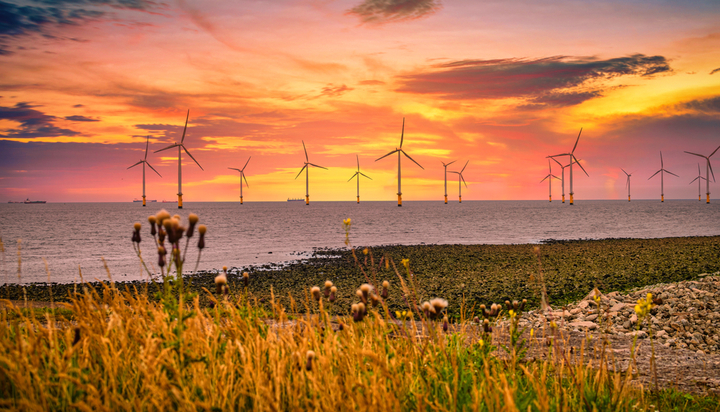
The huge growth of the UK’s solar and wind could lead to an excess amount of electricity by 2030.
That’s according to a new study that suggests a huge amount of energy could go to waste if this expansion of renewable energy sources is not paired with a similar rise in the installation of energy storage technologies.
Consultancy LCP justified its forecast on the basis that Britain’s grid operates on a supply and demand process.
That means if more energy is produced than there is demand for, huge surpluses could be wasted in 2030.
The authors of the report estimate this oversupply could take place for 53% of the year by 2030.
This possible impact could have implications for both solar and wind projects as unlike coal and nuclear, their energy production cannot be increased on command to meet demand.
In its Energy Security Strategy, the government targetted 95% low carbon electricity by the end of the decade.
Chris Matson, Partner at LCP, said: “To tackle this significant oversupply, the UK needs to accelerate the delivery of demand-side flexibility to capture this spare energy and ensure it doesn’t go to waste.
“This can be through fast-growing technologies such as battery storage, longer-term storage such as pumped hydro, as well as the electrolysers to produce hydrogen for use in other energy market such as heating.”